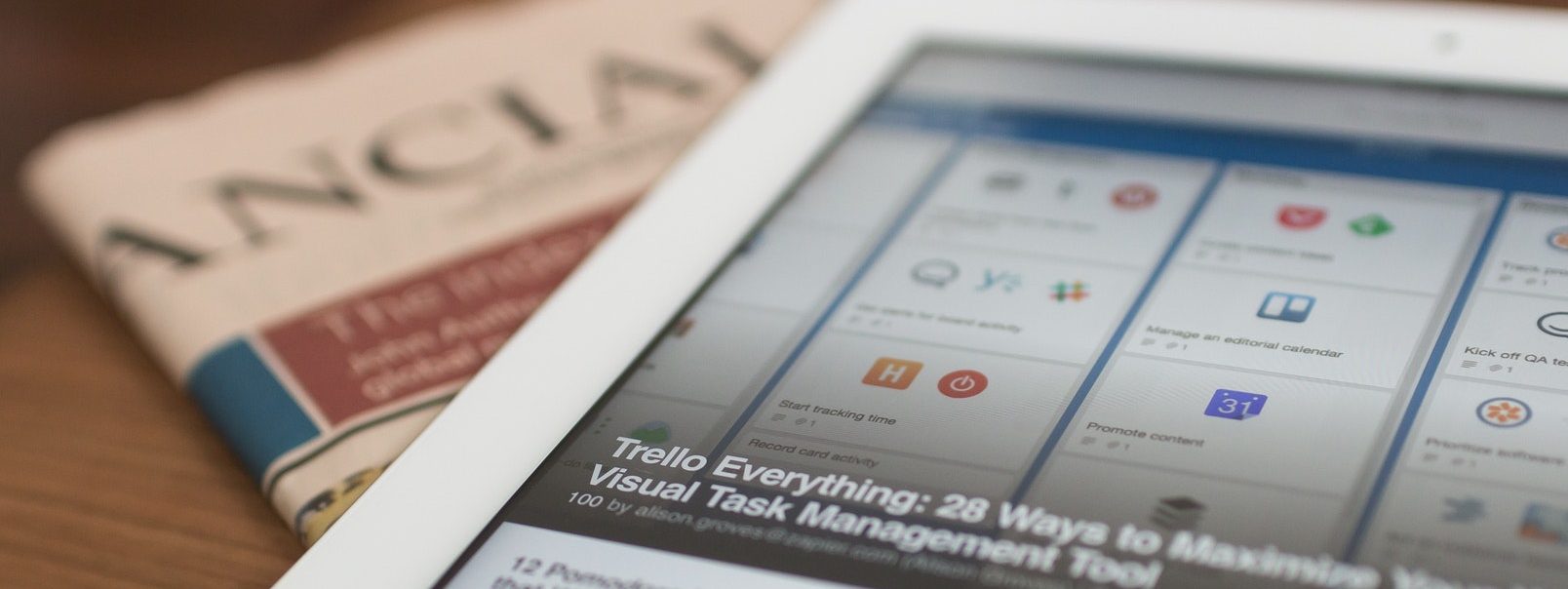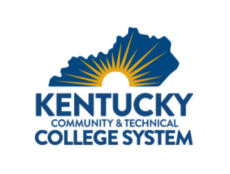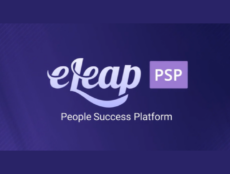
Articles
Editor’s Picks
MindEdge Study Gives College-Educated Americans a Failing Grade in Digital Literacy
By Cait Etherington
June 25, 2019
MindEdge Learning has released the results of its annual State of Critical Thinking report, and the findings aren’t encouraging. According to the new study, 69% of participants struggle to identify fake news. In fact, a majority of the participants in the study–all college-educated Americans–got an “F” on a digital literacy quiz. Sadly, this isn’t how the study’s participants perceive their skills. Nearly all the study’s participants (88%) felt confident in their critical thinking skills.
Methodology
The 2019 MindEdge study was conducted by Qualtrics. The study surveyed the attitudes of 1,001 Americans over the age of 18 who reported completing at least some college-level courses. Most of the respondents (52%) already had completed a four-year college degree at the time of the study. The survey was carried out between May 8 through May 14, 2019. The results are said to have a margin of error of +/- 3.2%.
MindEdge, founded by Harvard and MIT educators in 1998, offers higher education and professional development content alongside technology solutions to help organizations scale their online learning. This is the third year they have published the results of the State of Critical Thinking survey.
Results of the MindEdge Study
Shockingly, a majority of college-educated Americans failed to pass what is described in the study as a “nine-question digital literacy and fake news” quiz. As reported in the MindEdge study, 69% of participants respondents failed to answer five or more questions correctly and a mere 9% received an A by responding to eight of nine questions correctly.
Sadly, millennials who often consider themselves to be especially tech-savvy did especially poorly on the test. Only 5% of millennials received an A. In addition, nearly 75% of millennial respondents who had not yet completed a four-year degree earned an F by responding to five or fewer questions with a correct answer.
MindEdge’s director of communications, Frank Connolly, notes that the survey results seem to indicate that there is currently a low level of digital literacy among those people about to enter the workforce. For this reason, he emphasizes that it is “increasingly important to bridge this skills gap.”
Beyond the generational differences, the MindEdge study found more than four out of five respondents believed critical thinking was important in the assessment of online content and a critical part of verifying facts from a secondary source.
The study further found that respondents appeared to have differing opinions on whether “mainstream media” and traditional offline news sources were more reliable than online content. For example, while one-third of respondents indicated that the mainstream media are doing a better job reporting on the news than they were a decade ago, another third think the mainstream media is doing a worse job compared to a decade ago.
Soft Skills Trump Hard Skills
As already noted, despite scoring low on both digital literacy and critical thinking, the MindEdge study participants felt confident in their soft skills, including their critical thinking skills. In addition, slightly more respondents were concerned about soft than hard skills. Fortunately, for anyone whose soft skills were not as developed as they assumed or hoped, close to 80% of respondents believe that given the right type of education and training, workers can improve their soft skills over time.
Other Findings
In addition to MindEdge’s general findings, a separate set of questions discovered that respondents are currently especially concerned about possible foreign interference during the upcoming 2020 presidential election. Notably, 67% of respondents indicated that they are concerned that foreign governments will use social media and fake news to interfere with the next U.S. election in 2020. In addition, 36% say they are very concerned about foreign interference during the upcoming U.S. election. Millennials are most concerned about this possibility. But on this account, it may be important to remember that according to the MindEdge study, millennials’ ability to accurately interpret the news is also not as sophisticated as it could be.
Photo by Matthew Guay on Unsplash.









No Comments